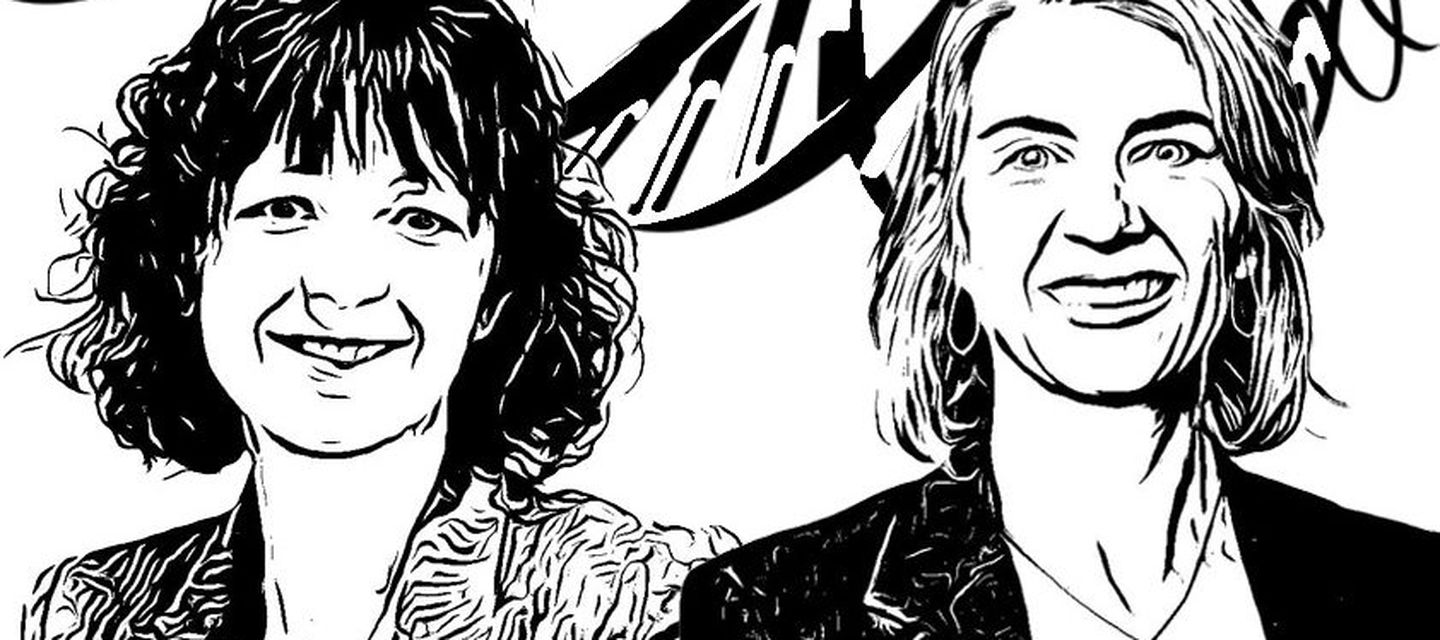
Gene Editing and Ethics
Last year’s Nobel Prize in chemistry was awarded to Jennifer Doudna and Emanuelle Charpentier for the development of the CRISPR-Cas9 technique. How does this gene editing technique work? Which ethical questions does it provoke?
In the past decade, gene editing technology CRISPR-Cas9 has been developed at a rapid pace. CRISPR-Cas9 makes it possible to precisely adjust tiny pieces of DNA and therefore it is being developed with the goal to cure genetic diseases. Due to its broad applicability in gene editing, this technology will most likely be used in medicine in the future. Therefore it is highly probable that it will affect the whole population – and of course, this brings up a lot of ethical questions.
On the occasion of the Nobel Prize award for CRISPR-Cas9, the Women in the Faculty of Science – Student Chapter and the BètaBreak present a panel discussion about this gene editing technique and the ethical questions surrounding it. Additionally, the panel investigates the role of women in science.
About the BètaBreak
The BètaBreak is a monthly science platform of the Faculty of Science of the UvA. Every month different experts are invited to speak about the latest developments in science. Former editions discussed themes such as cultured meat, nuclear energy and psychedelics. The BètaBreak seeks to analyse various scientific topics from an interdisciplinary perspective. The platform has had the honour to welcome guests as Robbert Dijkgraaf, Eric Verlinde and Nobel Prize laureate Ben Feringa. For more information, go to: www.betabreak.org

:rgb(-15)

:rgb(-25)
